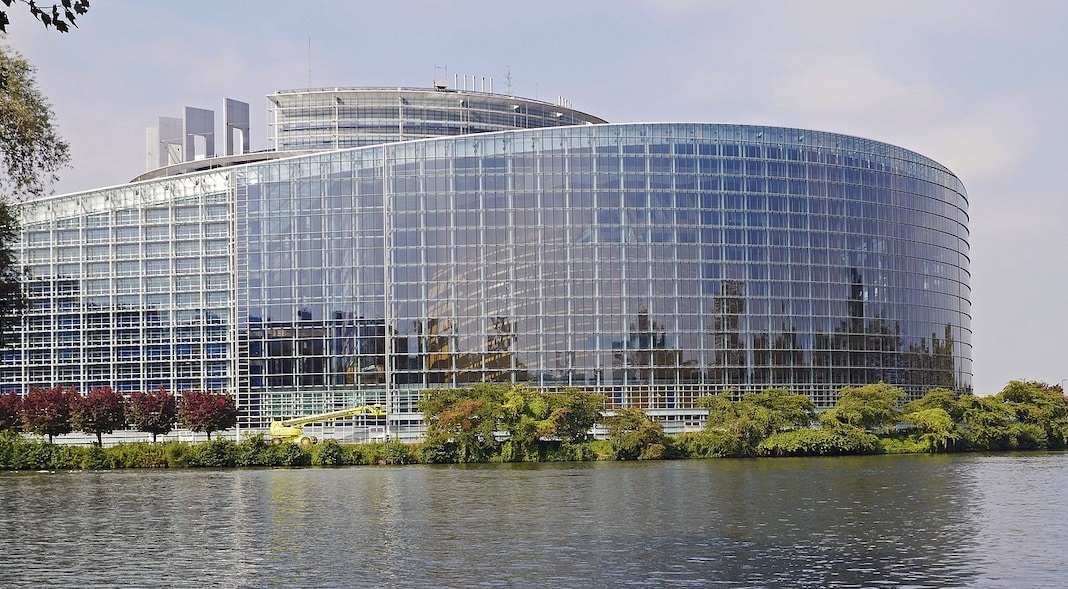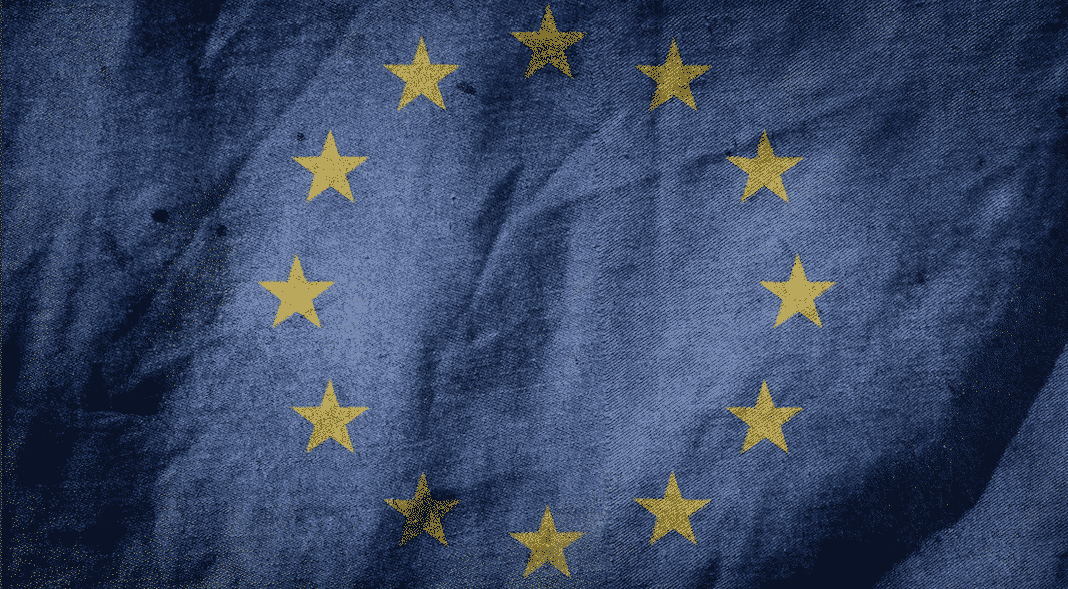EU Copyright Reform Advances
The internet is in for some change...
On Wednesday, news came out that, after a mammoth three-day push, negotiators from the EU countries, the European Parliament and the European Commission had reached a deal on its proposed copyright reforms. This includes the two most controversial articles: Article 11 and Article 13.
The news originally came down from a tweet by Andrus Ansip, the European Commission’s digital chief.
The announcement comes in spite of (or possibly partially because of) a very large campaign organized against the legislation. That campaign targeted MEPs with emails tweets and other communications from those concerned about the new rules, in particular with Article 13.
However, it wasn’t just consumer advocates and tech companies that were protesting the potential changes. Many creators and rightsholders were also opposed. This was especially true of the music industry, which had prominent groups and members on both sides of the debate.
But with the agreement made and passage of the legislation looking increasingly likely, now is an excellent time to take a closer look at the legislation, what it’s future looks like and what the changes may be.
Previous Coverage
We covered Article 11 and Article 13 in much more detail back in June 2018. I highly advise reading those articles for a more detailed look at what is in the articles themselves as well as their likely impacts.
The Story So Far

The Copyright Directive was first proposed by the European Commission, the executive branch of the EU, on September 14, 2016. The legislation contains 17 articles on a wide variety of subjects but it is Article 11 and 13 that have drawn the lion’s share of the attention.
Article 11, often referred to as a “link tax” has nothing to do with links. Instead, it requires “information society service providers” to obtain licenses to use snippets or headlines from “press publications”. In short, it requires search engines and other sites (including this one) to pay a non-waivable license fee to use even small portions of news content.
Article 13, often referred to as a “war on memes” requires information society service providers, which includes almost any site on the internet that accepts user uploads, to proactively block infringing material from being uploaded.
While the article carves out a series of exemptions, including for non-profits, online marketplaces, small/new sites and so forth, many of the internet’s most popular sites will be required to install filters that block allegedly infringing material, similar to what YouTube and Facebook do now with video.
After introduction, the bill bounced around the EU bureaucracy until June 2018 when the European Parliament Committee on Legal Affairs (JURI) voted in favor of all of the articles. This led to a September 2018 vote in the full EU Parliament, where the full body voted in favor of both articles, pushing them to the next phase.
That opened up a series of trilogue negotiations between the EU countries, the European Parliament and the European Commission. However, those negotiations were halted in January 2019 after a divide over Article 13 appeared to be intractable. France and Germany, though agreeing on the article in principle, could not agree who, if anyone, should be exempted from it.
That changed earlier this month when the two sides reached an agreement and negotiations were restarted. Those negotiations have since concluded with the final draft of Article 13 being finalized, the text of which was shared on Pirate Party MEP Julia Reda’s site.
While the bill still hasn’t become law, it looks very likely as all that remains are votes from parties that have already agreed to the text. Article 13, and the other articles, could still be defeated, but it would be a tremendous upset if they were.
What Has Changed?
Since we last looked at the articles in June (Article 11 and Article 13), it’s Article 13 that has been the subject of the most negotiations and changes. In fact, the article has been almost completely rewritten since we reported on it in June.
However, the crux of the article remains largely intact. The goal is to compel user-generated content sites to obtain licenses from rightsholders. If they are unable to, they have to make a good faith effort to:
“in accordance with high industry standards of professional diligence, best efforts to ensure the unavailability of specific works and other subject matter for which the rightholders have provided the service providers with the relevant and necessary information”
In short, they have to do whatever they can to reasonably ensure that the works are not uploaded to the service and, if they are uploaded, remove the works and work to prevent future uploads of it.
The new text, however, does make several key changes. Those include:
- Additional Exemptions: In addition to the original exemptions carved out, the revised Article 13 carves out an exemption for online services that are younger than 3 years old, have an annual turnover less than €10 million ($11.3 million) AND receive fewer than 5 million visitors per month.
- Fair Use-Style Protections: The new draft makes it clear that the blocking should not prevent the uploading of works for “quotation, criticism, review, caricature, parody or pastiche,” carving out fair use-like guidelines on what is and is not blocked.
- Takedown Staydown: The new draft makes it clear that if a rightsholder provies a “sufficiently substantiated notice” the provider not only has to disable access to the work in question, but also make “best efforts” to prevent future uploads.
Though the language of the article doesn’t mention filters or blocks, it’s difficult to see how the goals of the article could be achieved without them.
There is no information available on Article 11 and how it may have been changed during the negotiations. But given the focus that’s been on Article 13, it seems unlikely to have changed significantly.
Still, now that we have the finalized text for the directive, at least for Article 13, we have to look ahead to what’s next for the legislation.
What’s Next?
Now that the text has been finalized, it must be adopted by the Council of Minsters before it heads to a final plenary vote in the European Parliament The latter is likely to happen either late March or April, ahead of new elections in May. However, it may happen after the Brexit deadline, meaning it might not be part of UK copyright law should it break away first.
Though either of the upcoming votes could, theoretically, derail the process it doesn’t look likely. The intense negotiations and rewriting are a strong indication that they feel they have the votes to pass those last two hurdles.
As others have pointed out, they’re not likely to go through this effort twice.
In the meantime, it’s almost guaranteed that there will be a continued campaign against the reforms, in particular Article 13. In the recent days and weeks there’s been a very intense campaign to email MEPs about opposition to the article.
However, MEPs have repeatedly said that they find this kind of digital activism more annoying than helpful. Backlash against such tactics was cited as one of the reasons the bill advanced in September.
Simply put, MEPs and the European Commission view such tactics as either being the result of “misinformation campaigns” or an active attempt by U.S. companies to interfere with EU policies.
In short, digital protest that isn’t backed up with real-world action is likely to be ignored and may actually strengthen the resolve of MEPs.
Without a change in tactics, the opposition is going to struggle to derail this process and may be making it even more likely to pass.
Bottom Line
With the GDPR, we’ve seen the power that EU law can have over the internet. The “Brussels Effect” is very real as you’ve likely seen with all of the revised privacy policy and privacy notices.
There is no doubt that this legislation, if it does pass, will change the internet. How much so and to what ends remains to be seen. This is especially true since much of this legislation will need to be interpreted by courts to get more practical guidelines.
The truth of the matter is that the EU has taken a leadership role in governing the internet. This does not bode well for US tech companies, for which the EU has a strong mistrust, and will slowly but surely change the direction of the internet at large.
Twenty years from now we may be looking back on the internet and not marveling at the impact this legislation had, but rather, the impact that EU had through all of its initiatives.
Want to Reuse or Republish this Content?
If you want to feature this article in your site, classroom or elsewhere, just let us know! We usually grant permission within 24 hours.
